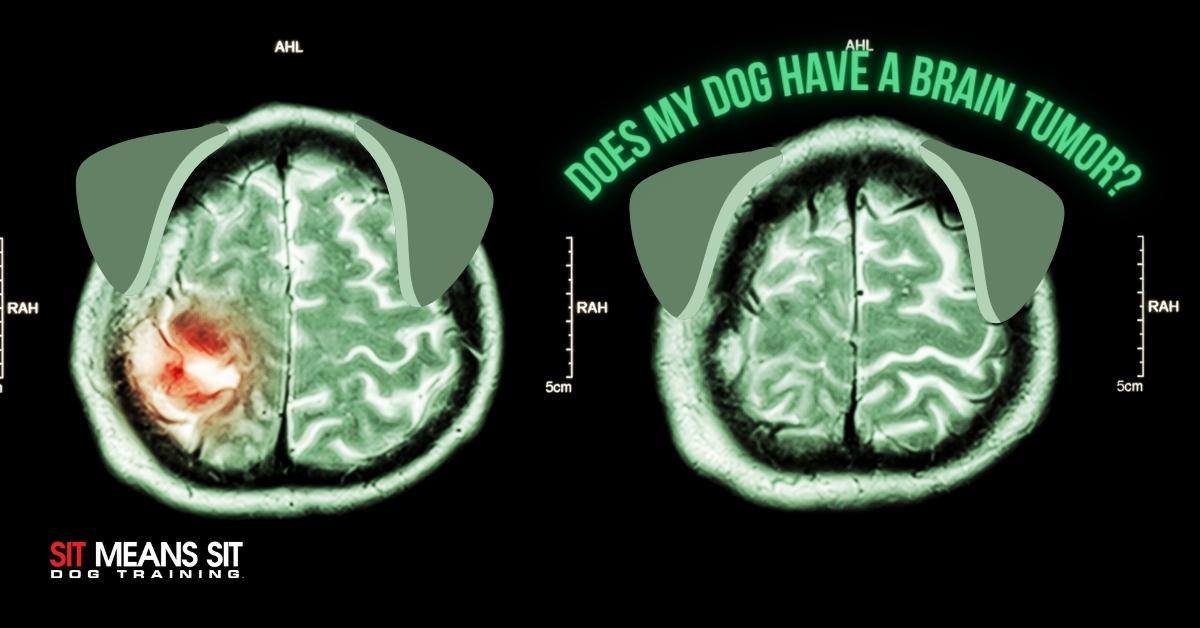
Does My Dog Have a Brain Tumor?
While we would all love our pets to be invincible, the likelihood of that being true is little to none. They age just like us, and with age comes the sad development of various health issues. Brain tumors in dogs are not uncommon and usually develop in short-nosed or elderly pets.
What is a Brain Tumor?
A brain tumor, or Astrocytoma, is a mass of abnormal cells that clump together in your brain. These tumors can be considered primary or secondary based on how they developed.
If the tumor is primary, they form directly from the lining of the skull. There are four types of primary tumors in dogs:
- Meningioma, which develops from the covering of the brain
- Glioma, which develops from the brain’s support cells
- Ependymoma, which originates from the lining around the spaces of the brain
- Choroid plexus, which develops from the cells that make their spinal fluid.
Secondary tumors are made of cancer cells that originate from another part of the body and move to the brain. This process is called metastasis. There is very little information on how brain tumors develop in dogs. Still, scientists consider trauma, old age, genetics, and chemical/radiation exposure to be some of the leading causes.
How Do Vets Treat Brain Tumors?
For the most part, dog cancer treatment is very similar to human cancer treatment. If your furry friend gets diagnosed with a brain tumor, they could be subject to neurosurgery, chemotherapy, or radiation therapy. In some cases, pets may be given steroids to stall further tumor growth. Regardless of which treatment they receive, vets recommend that you maintain a follow-up schedule to ensure that the tumor doesn’t grow or spread.
Common Signs
While this is a general list, they are still some good indicators that your dog may be suffering from an astrocytoma.
- Anorexia and appetite loss
- Circling
- Paralysis
- Blindness
- Disorientation
- Frequent seizures
- Hypersensitivity and Neck Pain
If you suspect your puppy is suffering from an Astrocytoma, consult your vet as soon as possible. Remember, these are common symptoms of tumors but can indicate many other doggy ailments. The best way to get your dog diagnosed is through a professional process.
